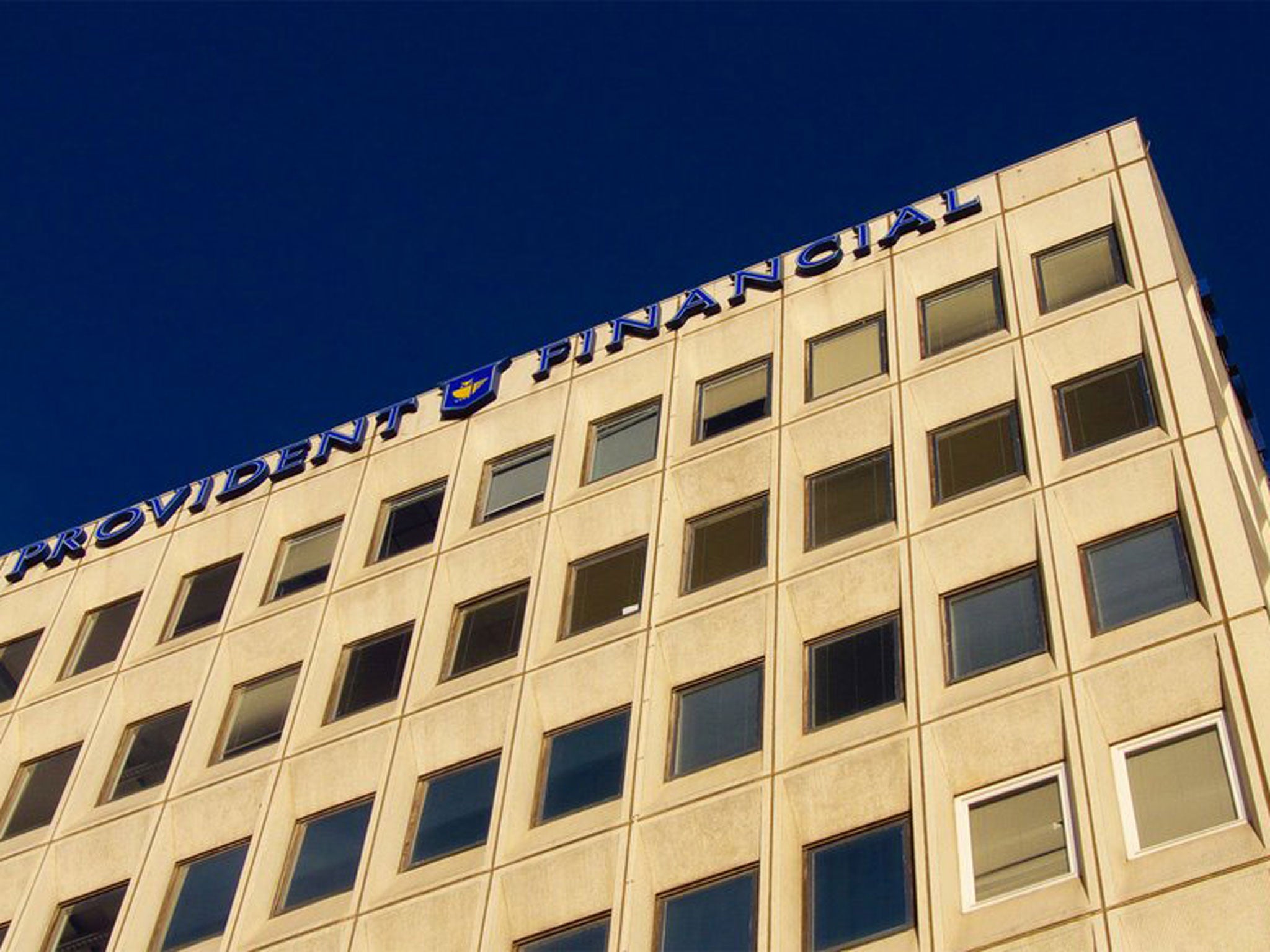Be wary when a Robin Hood in reverse makes high profits
Outlook

Provident Financial was there long before wonga.com belched forth into the payday lending market.
The grandaddy of the small, high-interest loan to people with dodgy credit histories, or just not much in the way of money, it is also no stranger to controversy. It has been bashed by Barnardo’s; it has been bashed by the Office of Fair Trading; it has also been bashed by Margaret Hodge’s House of Commons Public Accounts Committee, when it appeared alongside its scrappy and mouthy dot com rival which has been trying to act all grown-up of late.
Provvie has sailed on through it. Just how hard the wind has been blowing in its sails was made abundantly clear in its latest results. Profits up 25 per cent, dividends up 22 per cent, revenues up 16 per cent, UK customers up 10 per cent, and so on. Negative numbers? They weren’t to be found. One positive number that was absent, however, was the return on equity, a measure of profitability that will appear in the annual report. Earlier this week HSBC’s came in at a desultory 7.2 per cent against a (much reduced) target of 10 per cent. There will be whispers of witchcraft if its rivals get very far into double figures over the coming weeks (they won’t). By contrast, Provident Financial, which does a lot of the things that banks do, managed 47 per cent in 2014, before the latest surge in earnings. This is a very profitable company. But what does that mean for its customers? When it is suggested that figures like this indicate that they’re getting a raw deal,
Provvie will tell you that it has tidied things up. It’s very careful with whom it lends to and its Vanquis credit card, the fastest-growing part of the business, rejects three out of four applicants. Those who are successful are started on a low credit limit, which rises only after they prove they can manage the product. I’ve no doubt this is true, although a lot of it is down to regulators getting tough in the wake of the controversies that have plagued Provvie and its peers. Controversies that won’t easily be brushed aside, because, despite all the regulatory reform, Provident Financial continues to make vast amounts of money off the backs of some of the poorest people in society. It is Robin Hood in reverse, and perhaps, when that return on equity figure is finally published, it might be time to once again ask whether it’s making too much.
Surely time for a royal truce in the sport of kings...
Care to place a bet on when Ladbrokes might resolve its bitter dispute with the horse racing industry?
In the absence of a miracle, the on-course betting shops operated by the “magic sign” will be closed at this year’s Cheltenham Festival. It’s almost like having Easter without any chocolate. Except Cheltenham is better than Easter and Ladbrokes’ trackside betting shops taste better than chocolate. At least if you happen to have found a winner or two.
The decision to close their doors during what is one of the year’s biggest betting events was announced a couple of weeks ago but has been brought into sharp focus by the bookie’s latest results. The headline numbers weren’t exactly pretty as the bookie prepares for its mega merger with rival Coral but part of the reason is that Ladbrokes has been pumping money into turning things around. That has included lots of marketing and promotional activity. Jim Mullen, chief executive, told the City this is starting to pay off with punters, drawn in by the promotional activity, finding its re-vamped offer to their liking.
But why, then, close the doors at Cheltenham, a marketing gold mine? It’s basically all down to politics. Ladbrokes is among those bookies that have refused to become an“authorised betting partner” of the sport of kings. It is a voluntary scheme that was nonetheless imposed upon the betting industry by horse racing and requires members to pay a cut of the offshore online profits that aren’t covered in the statutory onshore profit levy that funds racing and has been in rapid decline. Fail to sign up, and pay up, and you don’t get sweeties such as the opportunity to sponsor the industry’s marque events.
That the horse racing side is being led by Nick Rust, a former Ladbrokes executive, only adds fuel to what has become a combustible situation.
Ladbrokes, which spent a great deal of time and money building up the World Hurdle, the Festival’s third day highlight, is piqued that Cheltenham appears happy to take a cut from its betting shops while at the same time taking its prized sponsorship away. Horse racing thinks otherwise. It would be in the interests of both to hammer out a deal but emotions are running so high that they’re pushing business logic out of the window. On both sides.
It’s time to land the big fish of insider trading
A kick in the teeth for broker and wealth manager WH Ireland, which has been fined £1.2m, and, perhaps more seriously, banned from taking on new corporate broking clients for 72 days, for lacking effective controls to prevent market abuse. The Financial Conduct Authority took a dim view of its failure to ensure information didn’t leak from the private to the public side of the business.
However, WH Ireland is small fry. Suspicious movements in share prices still occur before far too many transactions, and so it probably it isn’t alone. The regulator will really earn its spurs if and when it brings some of the City’s bigger guns to task for the same sort of thing.
Join our commenting forum
Join thought-provoking conversations, follow other Independent readers and see their replies
Comments
Bookmark popover
Removed from bookmarks